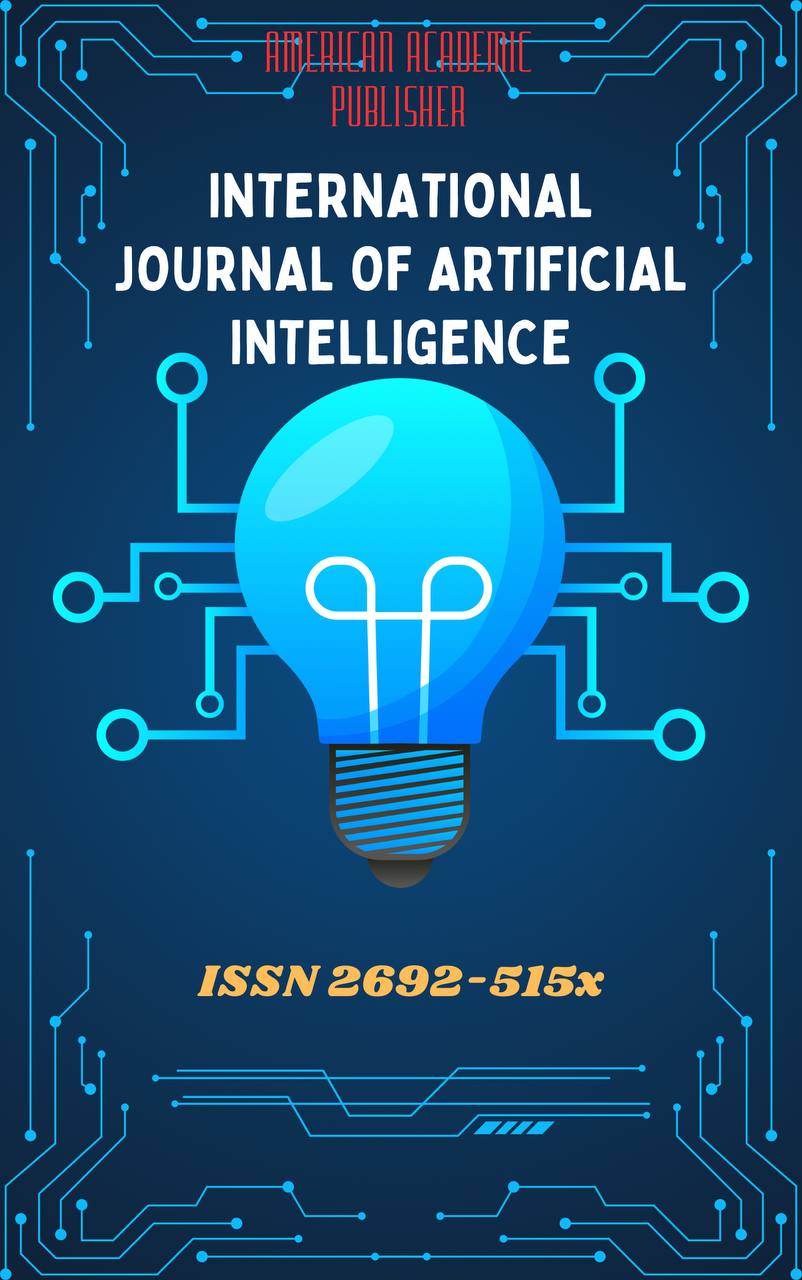 Articles
| Open Access |
Articles
| Open Access | PEDAGOGICAL ASPECTS OF DEVELOPING METACOGNITIVE COLLABORATION SKILLS IN ELEMENTARY PUPILS
Umarova Muborak Khusanovna , independent researcher at NIEPAbstract
This article examines the pedagogical aspects of developing metacognitive collaboration skills in future elementary school students. The article explores the importance of metacognitive collaboration skills in modern education, the theoretical foundations for their development, and practical methods for their implementation. Particular attention is paid to pedagogical factors such as the teacher’s role in shaping metacognitive collaboration skills in elementary school students, the organization of the learning environment, the selection of educational materials, and the application of assessment methods. The article also discusses the impact of using digital technologies on the development of metacognitive collaboration skills, the effectiveness of interactive methods such as problem-based learning, project-based learning, and group learning. The article concludes with practical recommendations and prospective directions for preparing future elementary school students for metacognitive collaboration skills.
Keywords
Metacognitive collaboration, elementary school, pedagogy, skills, education, teacher, collaboration, digital technologies.
References
Hmelo-Silver, C.E., Duncan, R.G., Chinn, C.A. (2007). Scaffolding and achievement in problem-based learning: a response to Kirschner, Sweller, and Clark (2006). Educational psychologist, 42(2), 99-107.
Järvelä, S., Häkkinen, P. (2000). Metacognition in collaborative learning situations: The role of social interaction // Educational psychologist, 35(4), 221-229.
Johnson, D.W., Johnson, R.T. (2009). An evidence-based approach to cooperative learning // Educational Leadership, 66(5), 3237.
Lai, E.R. (2011). Metacognition in learning: a literature review.
Pearson. Livingston, J.A. (2003). Metacognition: an overview.
Schraw, G., Crippen, K.J., Hartley, K. (2006). Promoting self-regulation in science education: mMetacognitive strategies // Research in science education, 36(3), 275-294.
Zimmerman, B.J. (2002). Becoming a self-regulated learner: an overview // Theory into practice, 41(2), 64-70.
Article Statistics
Downloads
Copyright License

This work is licensed under a Creative Commons Attribution 4.0 International License.
